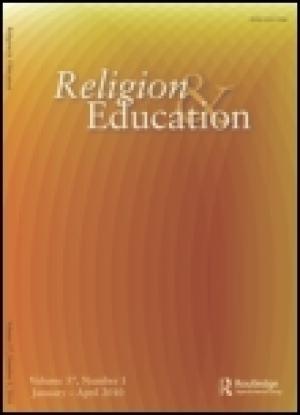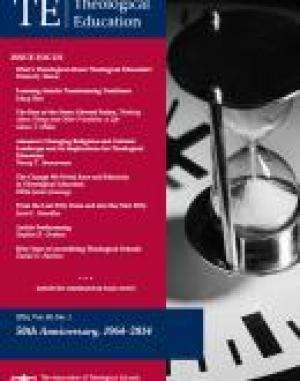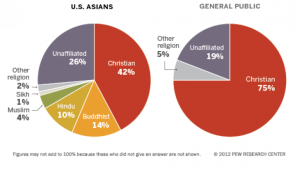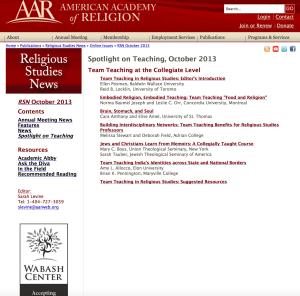Resources

Working with undergraduate students invites teachers into relationship and conversation with young people at a time when they are emerging as adults and forming their identities. Faith is one area of identity formation often attended to by scholars, college professors, and their institutions. But within that, little attention has been paid to those who do not identify as religious. Additionally, “the overwhelming presence of Christianity at American institutions maintains it as the spiritual norm on campus. … Those within the spiritual norm gain a level of privilege that is often unconscious” (Seifert 2007, 11). This has an effect not only on nonreligious students but on any student who identifies as anything other than Christian; and it has a unique effect on teaching and learning in the religion classroom. In this article, I will explain what Christian privilege is, why it is a unique problem in the undergraduate religion classroom, and what teachers of religion might do in response to it. In the end, I argue that educators need to better understand the effects of Christian privilege in our classrooms and become allies to the nonreligious in particular by using pedagogies that include and support all students, in their many religious affiliations and unaffiliations.

Journal Issue.

Journal Issue.

Journal Issue.

Journal Issue. Full text is available online.
Special issue of “Syllabus,” an online journal that posts annotated syllabi and short-article course descriptions submitted by college and university professors. 

Journal Issue. Full text is available online.


Journal Issue.

Journal Issue.